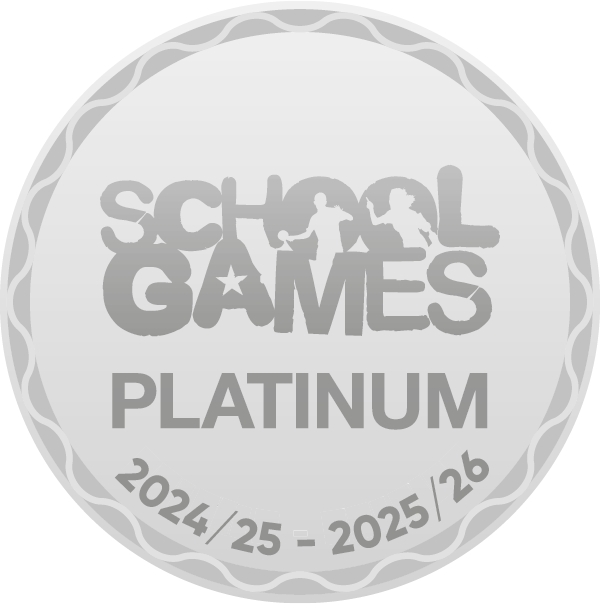Curriculum: Mathematics
Intent
The Maths curriculum at Leftwich Community Primary follows the 2014 National Curriculum for Mathematics through the use of White Rose Hub in EYFS and Power Maths. We teach for mastery and we fundamentally believe that maths really is for everyone.
The mastery approach recognises the value of developing the power to think rather than just do. It also recognises the value of making a coherent journey in which whole class groups tackle concepts in very small steps, one by one.
At Leftwich Community Primary School , we believe in developing mastery in maths by enabling children to acquire a deep understanding of maths concepts, structures and procedures, step by step. Teachers deliver interactive lessons which establish understanding in small steps. The whole class works on the same content and no child is left behind.
We encourage all children to have a growth mind set. Mistakes are valuable opportunities to re-think and understand more deeply. We believe that learning is richer when children and teachers alike focus on spotting and sharing mistakes as well as solutions. Praise is a great motivator and by focusing on praising effort and learning rather than success, children are more willing to try harder, take risks and persist for longer.
Implementation
At Leftwich Community Primary School, we use Power Maths which is a clearly structured teaching and learning process that follows a whole class, step-by-step teaching approach. This allows children to move through the curriculum at broadly the same pace. As a result of spending more time on fundamentals, the children can establish firm foundations on which to build their understanding. Because of our concrete-pictorial-abstract approach, children learn to see the connections in maths and understand that mathematics can be represented in different ways. The maths curriculum provides sufficient opportunities for planned revisits of previously learned knowledge, concepts and procedures.
We use a textbook approach using Power Maths. Lessons typically begin with reasoning/problem solving, involve open discussion and collaborative work before consolidation of their understanding in individual workbooks. Teachers plan lessons aligned to the Power Maths books to meet the key objectives. Teachers plan lessons using their own professional judgement, daily formative assessment and feedback from pupils. Teachers use their professional judgement to determine how long to spend on a particular objective. Feedback is provided to pupils verbally, through teacher marking, peer marking and self-marking. This informs teaching for the next lesson.
We use a concrete, pictorial, abstract approach with clear mathematical models to help children make connections and grasp concepts. Each unit of work has an assessment which enables teachers to see which children have mastered the key concepts. Children who grasp concepts rapidly are challenged with greater depth problems from the within lessons and strengthen and deepen activities are provided.
Interventions are vital in order to keep the class progressing together. Those pupils behind age-related expectations are supported with pre-teaching, interventions, targeted questioning and targeted support in lessons from adults. Intervention is focused on keeping up now, not catching up later.
Home learning and deliberate practise of key number facts is encouraged across school through participation in the Mathletics, Numbots and Time Tables Rockstars.
How is Maths enabled in the Early Years?
Our Maths curriculum for EYFS follows the Educational Programme for Mathematics (DfE March 2021) and enables us to deliver a curriculum that embeds mathematical thinking and talk.
Our approach supports the ethos of EYFS whilst at the same time enabling teachers to create a mathematically rich curriculum. Additionally, it allows key concepts to be revisited and developed further across the year.
Impact
The impact of our mathematics curriculum is that children understand the relevance and importance of what they are learning.
Children know that maths is a vital life skill that they will rely on in many areas of their daily life. Children have a positive view of maths and know that they can investigate and ask questions.
Pupils understand that it is reasonable to make mistakes because this can strengthen their learning through the journey to finding an answer.
Children are confident to ‘have a go’ and choose the equipment they need to help them to learn along with the strategies they think are best suited to each problem. Our feedback and interventions support children to strive to be the best mathematicians they can be.



